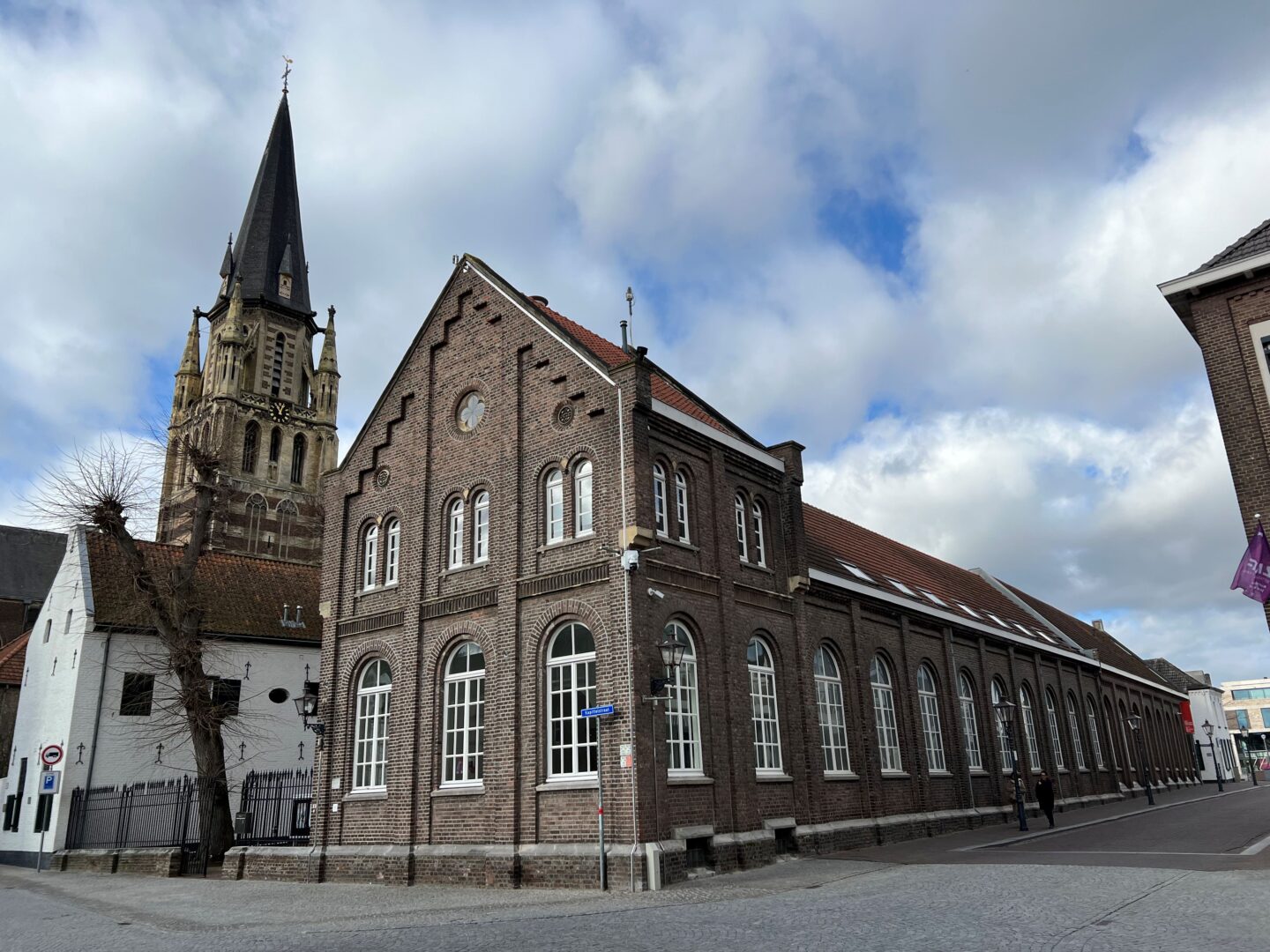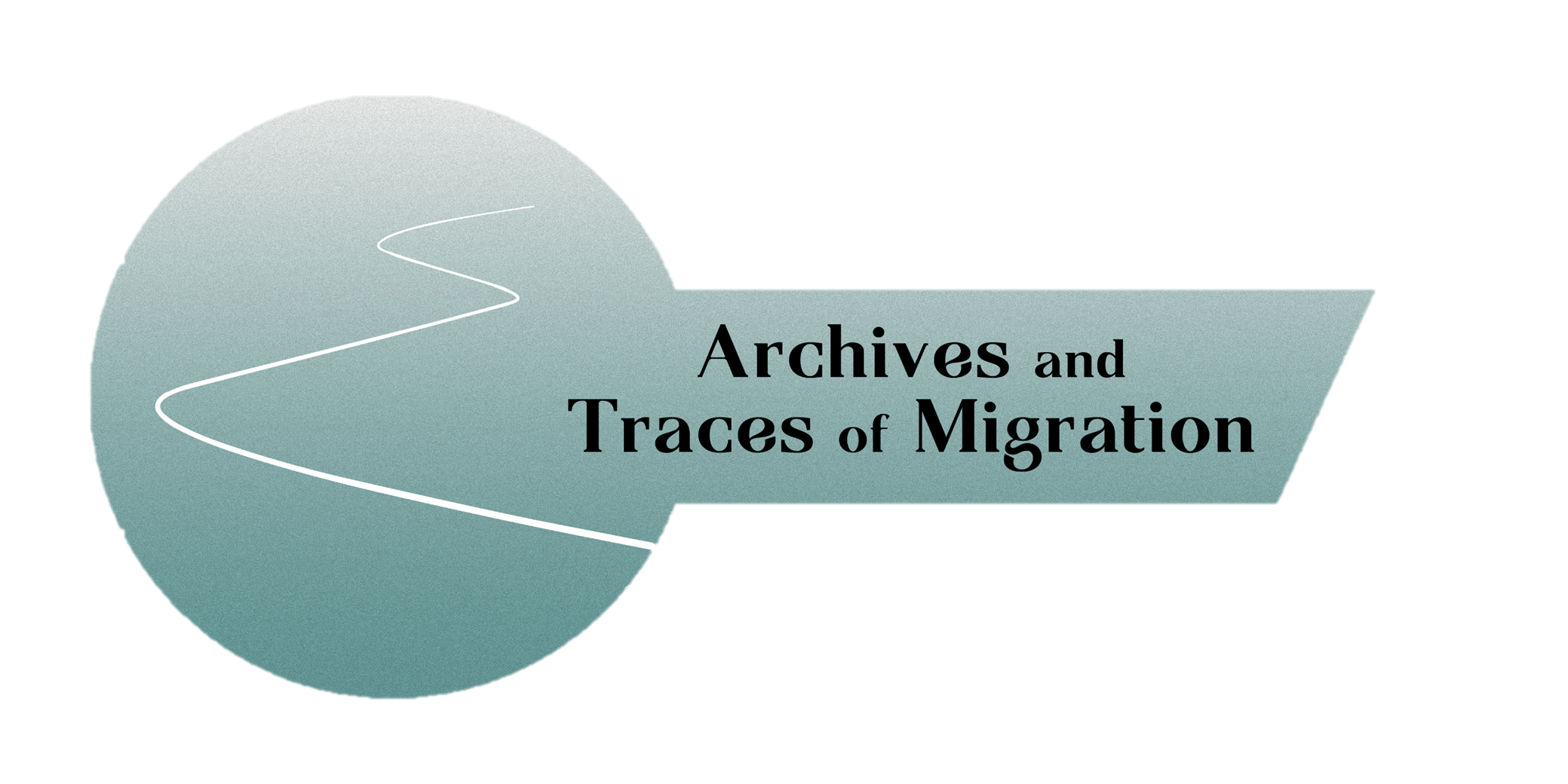Sustainability
What was accomplished within the Project and will it continue to grow?
– An archival community connected better than before – local and international networks of archival professionals.
– Local stakeholders, from both archival institutions and community organizations, involved in activities at the international level.
– Collaboration mostly achieved online; as well as most of outputs delivered online.
– Archival practices established in a manner that will enable their continuing development.
The National Archives of Hungary
A key goal of the project was to engage communities and spark public dialogue. Through its Community Archives program, National Archives of Hungary processed nearly ninety thousand documents related to the Czechoslovacian-Hungarian population exchange, making previously unpublished materials accessible for the first time. By ensuring that these records are preserved and studied, the archives are not only safeguarding the past but actively shaping how migration history is understood today. Soon, the AdatbázisokOnline platform will open access to over 82,000 digitized images from the Czechoslovak-Hungarian population exchange (reference code: HU−MNL−OL−XIX−L−0020-v).
Relying on the strength of this dedicated volunteer community, we are organizing additional migration-focused volunteer programs as a sustainability measure to engage active participants in processing archival traces of pre- and post-World War II population movements, forced labor, and armed conflicts driven migration. These programs go beyond simply publishing archival content—they foster a deeper personal connection to historical events and traumas for the communities involved. By encouraging dialogue and engagement, they help create an environment where today’s generations become more receptive to diverse life stories and the suffering embedded within them
At its heart, this project rethinks the role of archives, shifting them from storehouses of the past to living places where historical memory connects with the present & future. With a forward-looking approach, Archives and Traces of Migration highlights the strength of individuals and communities who, despite being caught in the tides of history, found ways to survive and adapt, ensuring that these stories remain accessible, relevant, and part of our shared understanding for generations to come
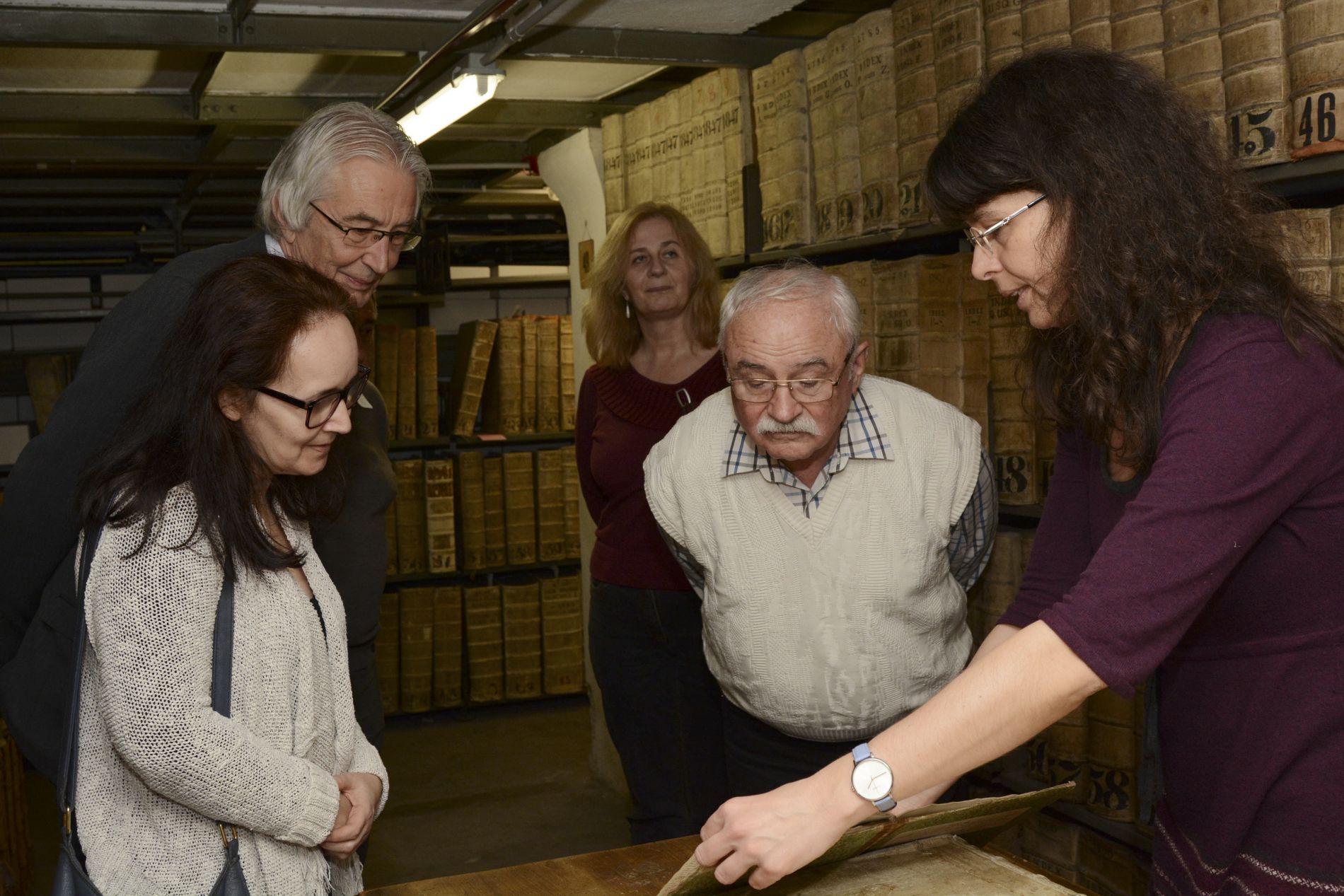
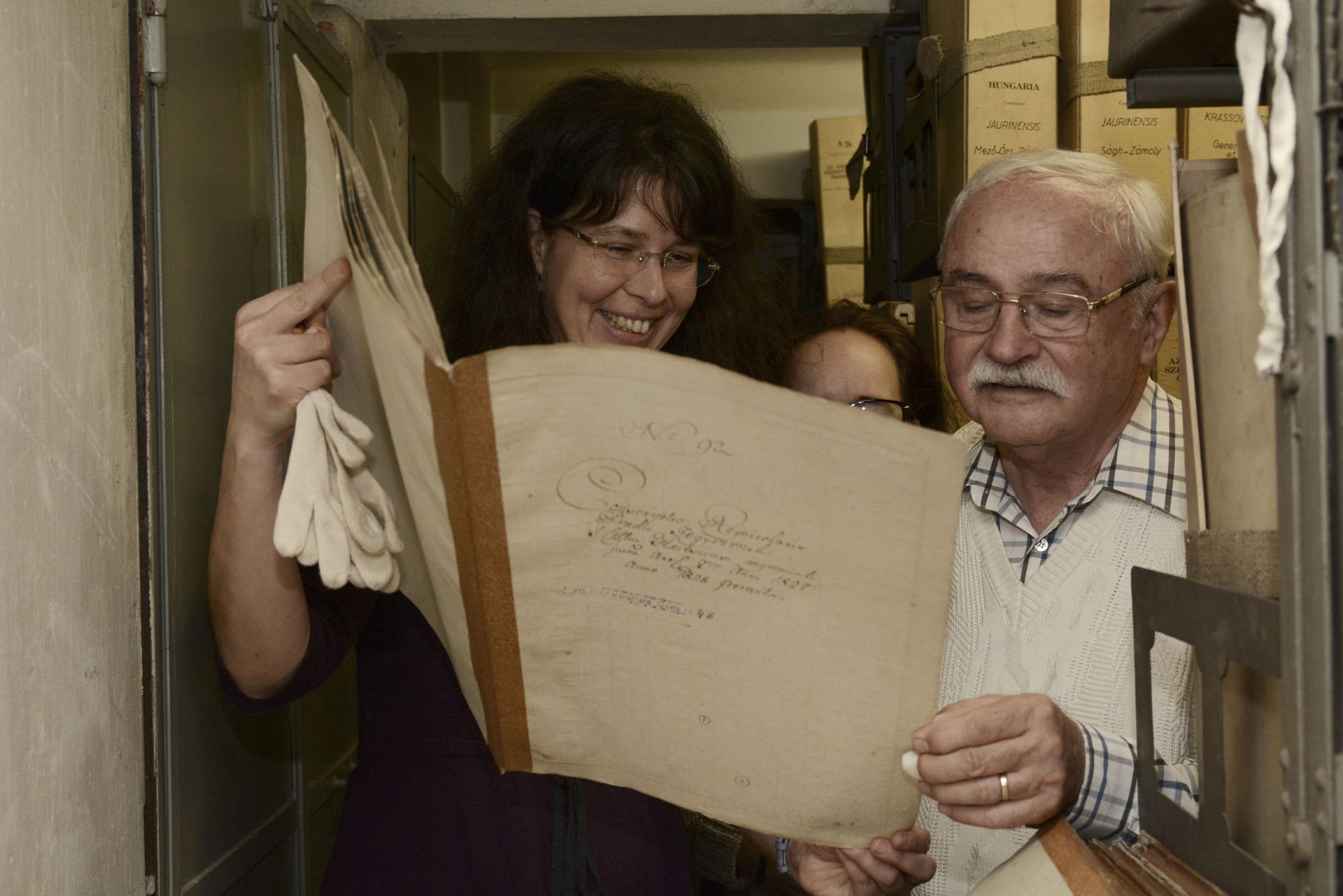
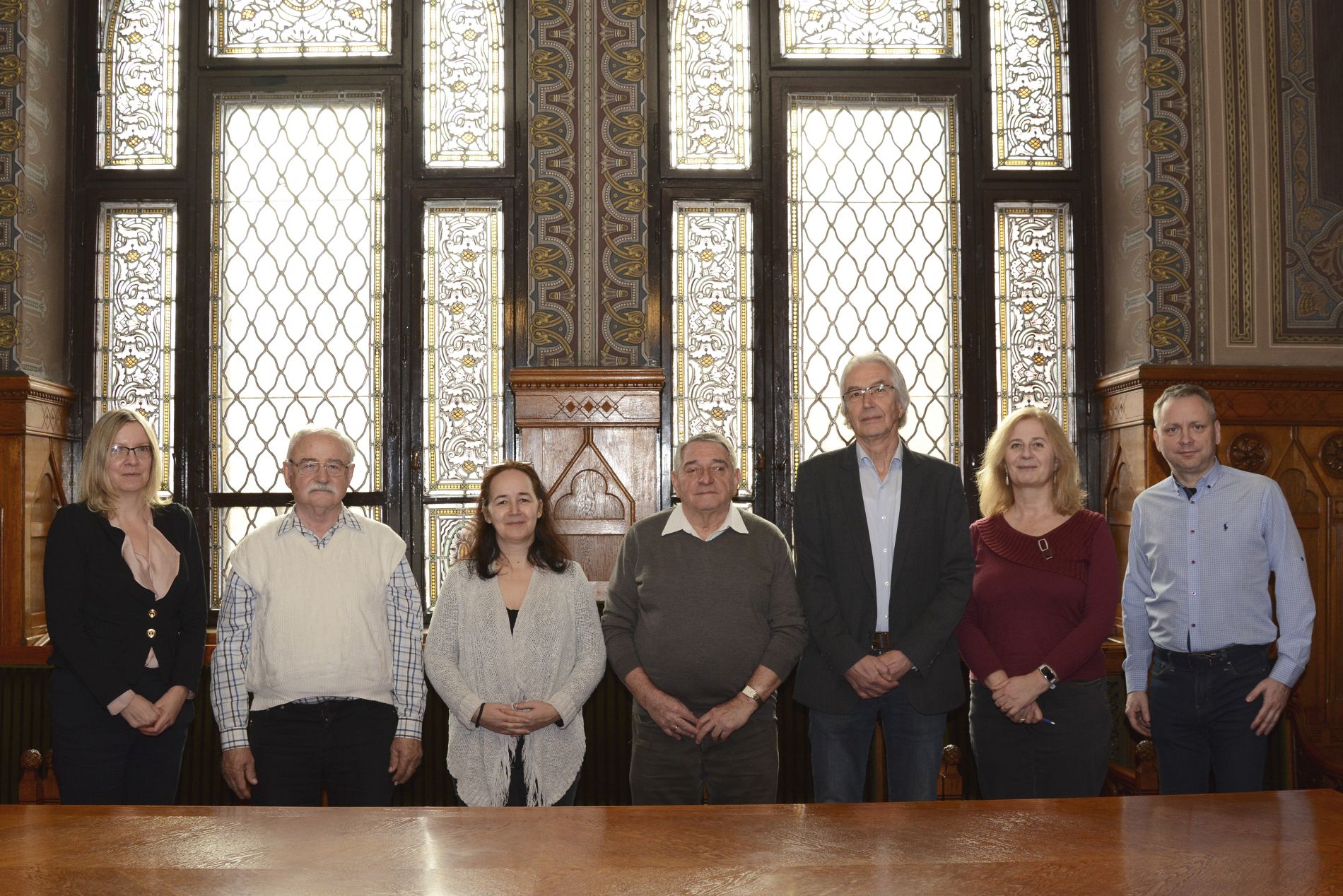
Community Archives Program and volunteers at the National Archives of Hungary
Spanish State Archives
A key sustainability measure of the AToM (Archives and Traces of Migration) project, especially in relation to the Spanish State Archives, has been the comprehensive update of information within the framework of the Ibero-American Migration Movements portal (https://pares.mcu.es/MovimientosMigratorios/lang.form?lang=en). This update is designed to support an extensive community of users who rely on the portal, particularly the descendants of emigrants from Spain to Latin American countries between the end of the 19th century and the first third of the 20th century. It has been expanded with a section on sources on Spanish emigration to European countries in the second half of the 20th century. For many of these individuals, locating archival documents related to their ancestors not only offers a meaningful connection to their heritage and their past, but also, in some cases, grants them access to civil rights, including the right to citizenship in certain countries, in line with applicable legislation. This enhancement ensures that the portal continues to be a valuable resource, fostering both cultural and administrative access for individuals tracing their ancestral roots.

Further information available at: https://pares.mcu.es/MovimientosMigratorios/lang.form?lang=en
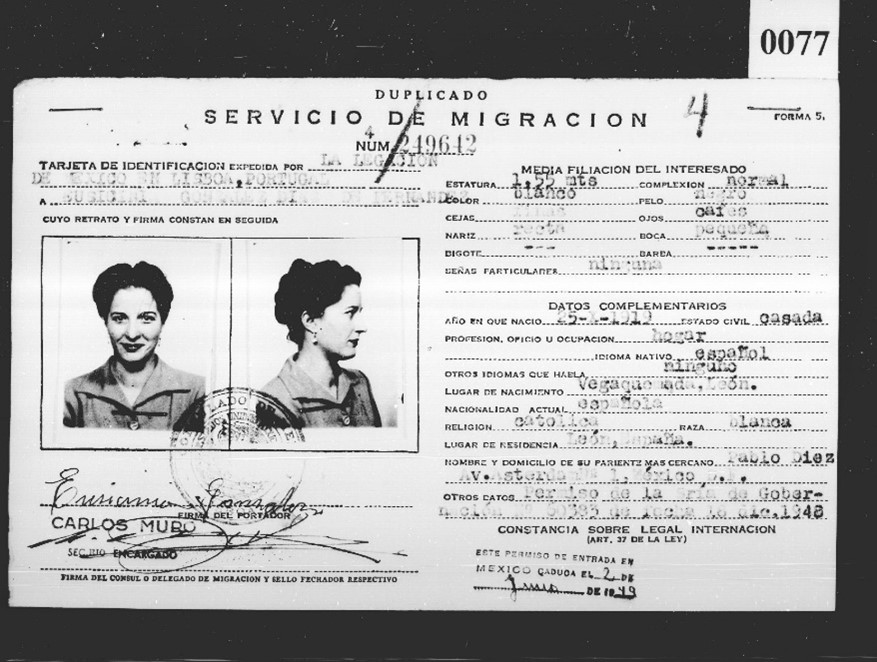
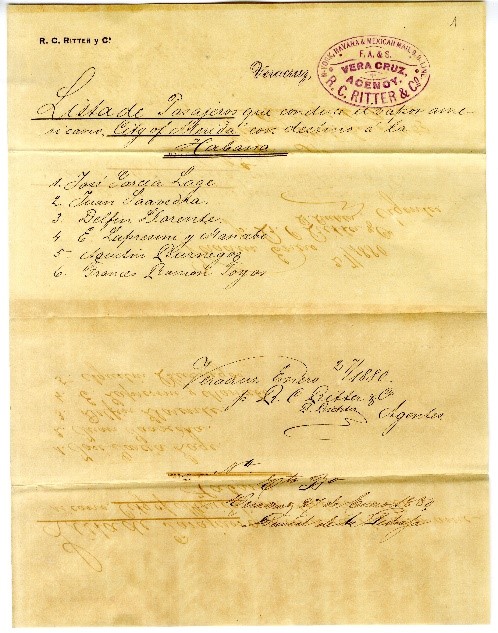
State Archives in Bjelovar, Croatia
Cooperation with the Czech National Minority as an Exemplary Model for Collecting Archival Material on Migration in the State Archives in Bjelovar
The cooperation of the State Archives in Bjelovar with the organization “Češka obec Bjelovar” on the AToM project represents an innovative model for collecting and preserving archival material related to minority communities, with a special focus on the documentation of migrations and the preservation of Czech minority’s cultural heritage. This model consists of several key components:
1. Cooperation between archivists and the community: The State Archives and members of “Češka obec Bjelovar” have established cooperation that enables the identification, evaluation and preservation of important cultural material. This process included a detailed review of existing documents, instructions on keeping records of the material, as well as advising community members on the proper preservation of the material.
2. Collection of private material: We organized the collection of private documents held by community members, such as photographs and personal memories of migration to Croatia from Czechia, which helped us document experiences that are not usually recorded in public archives.
3. Recording oral testimonies: Our interview with Miroslav Uhlir, whose family members attended a Czechoslovak primary school, allowed for the recording of personal stories that enrich the cultural identity of the community.
4. Digitization and public accessibility: The collected material has been uploaded to the Topoteka Bjelovar digital platform, which makes it available to the public for research and leaving comments.
5. Connecting with special book collections: The “Češka obec Bjelovar” community gave us their collection of books written in Czech, which has now become available to scholars and the general public as part of the Special Library of the State Archives.
This model of cooperation allows for not only the preservation of important material, but also the strengthening of community identity by acknowledging and evaluating their cultural heritage. It also provides archivists with insight into the personal stories behind the documents, and helps community members see the significance of their cultural contribution.
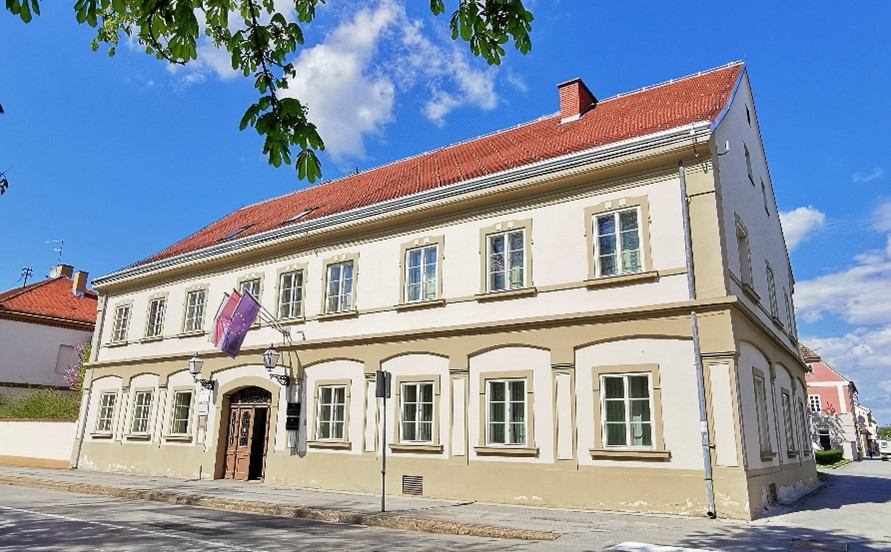
Archive De Domijnen
Archive De Domijnen (recently renamed RegioArchief Gemeente Sittard-Geleen) preserves the archives of the region, spanning from 1276 to the recent past. Most of the preserved archival fonds originate from municipal archives. In addition, Archive De Domijnen also preserves family archives, as well as archives from societies, foundations, churches, architects, and more. Historically, the Sittard-Geleen region has been part of many migratory movements. While the Archive previously lacked collections dedicated to migration, the AToM project is helping to change this. The Archive is actively seeking more inclusive archival fonds, with the aim of making them accessible and preserving them for the future.
